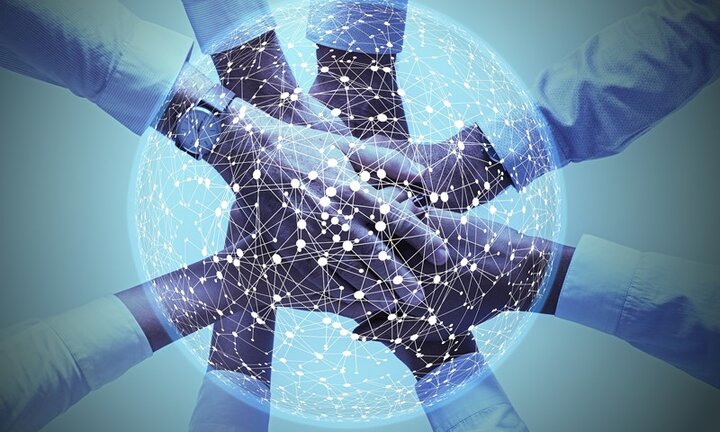Iran (IMNA) - However, the harsh reality is that the trust factor is being eroded. Considering Our Common Agenda, we are calling on the global community to not only reaffirm and increase commitment to MIL for all, but to also develop new initiatives on MIL to nurture trust.
The Global MIL Week 2022 focuses on trust and solidarity as it relates to people, media, digital platforms, governments, private sector, and non-governmental organizations. It highlights some promising actions in connection with media and information literacy in the last year and how media and information literacy helps with nurturing trust and countering mistrust.
Media and Information Literacy for the Public Good
In 2021, the UN General Assembly decided to commemorate Media and Information Literacy (MIL) week, citing the need for the dissemination of factual, timely, targeted, clear, accessible, multilingual and science-based information. The resolution recognizes that the substantial digital divide and data inequalities that exist among different countries and within them, can be addressed in part by improving people’s competencies to seek, receive and impart information in the digital realm.
In the current ecosystem of complex and sometimes contradictory messages and meanings, it is hard to conceive of the public good being advanced, if the public is disempowered in the face of opportunities and threats. Each individual needs to be equipped with media and information literacy competencies to understand the stakes, and to contribute to and benefit from information and communication opportunities.
Global Media and Information Literacy Week, commemorated annually, is a major occasion for stakeholders to review and celebrate the progress achieved towards “ Media and Information Literacy for All.”
What is Media and Information Literacy?
Our brains depend on information to work optimally. The quality of information we engage with largely determines our perceptions, beliefs and attitudes. It could be information from other persons, the media, libraries, archives, museums, publishers, or other information providers including those on the Internet.
People across the world are witnessing a dramatic increase in access to information and communication. While some people are starved for information, others are flooded with print, broadcast and digital content. Media and Information Literacy (MIL) provides answers to the questions that we all ask ourselves at some point. How can we access, search, critically assess, use and contribute content wisely, both online and offline? What are our rights online and offline? What are the ethical issues surrounding the access and use of information? How can we engage with media and information and communications technologies (ICTs) to promote equality, intercultural and interreligious dialogue, peace, freedom of expression and access to information?
Through capacity-building resources, such as curricula development, policy guidelines and articulation, and assessment framework, UNESCO supports the development of MIL competencies among people.


Your Comment